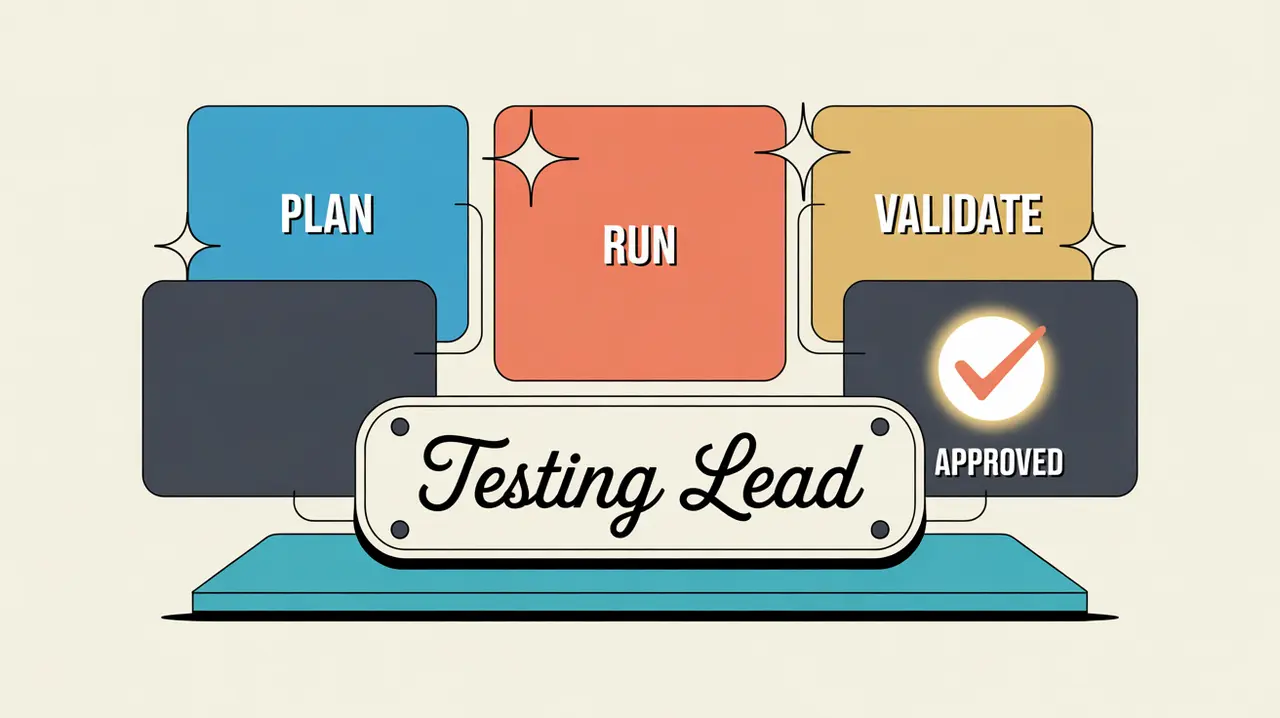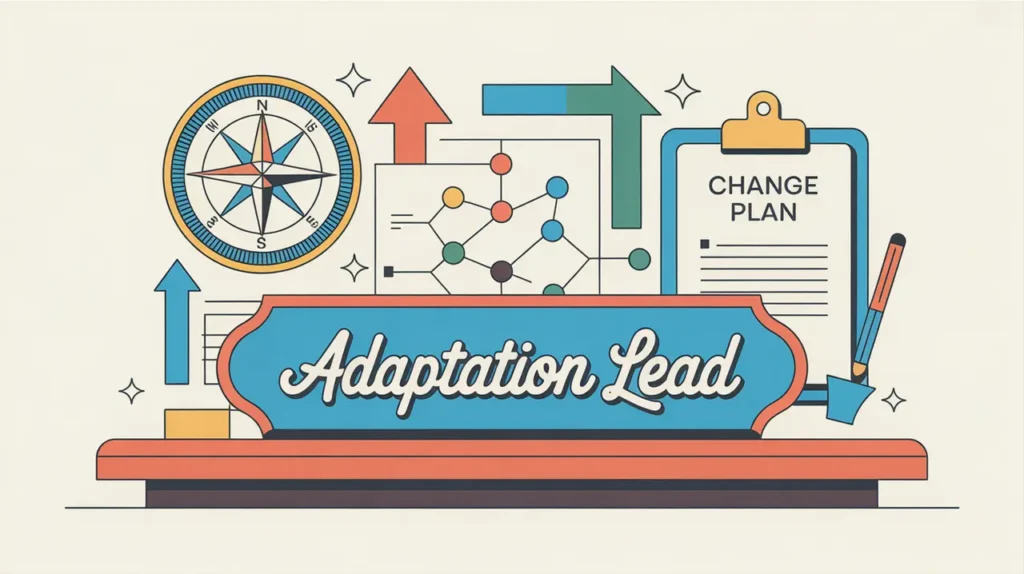What Does the Testing Lead Role Involve?
A Testing Lead is responsible for planning, coordinating, and overseeing testing activities to ensure the quality, reliability, and performance of systems, products, or programs before deployment. They design testing strategies, manage testing teams, review test results, and ensure that identified issues are documented and resolved. Their work ensures that tools, technologies, and processes meet functional requirements and quality standards, supporting smooth implementation and minimizing disruptions.
In nonprofits and social enterprises, Testing Leads play a critical role in digital transformation, program innovation, and operational improvement by ensuring that new systems and initiatives are thoroughly tested and fit for purpose.
At What Level does this Role Operate?
Mid Level: Testing Leads typically report to a Systems Manager, Technology Lead, Program Director, or Operations Manager depending on the organizational structure. They operate with moderate autonomy, often leading testing teams or coordinating cross-functional contributors. They design and implement testing frameworks, oversee execution, and act as a key point of contact between technical and non-technical teams.
Relative Employability: Testing Lead roles are increasingly important in organizations implementing new platforms, tools, or program models. They are particularly relevant in medium to large organizations with formal quality assurance or digital implementation processes.
Relative Pay Scale: Testing Leads generally occupy the mid pay band, sitting above assistant and specialist roles but below senior systems or technology managers. Their compensation reflects their leadership responsibilities and the critical role they play in ensuring quality and reliability.
What are the Key Responsibilities and Activities?
- Design and oversee testing plans, strategies, and schedules for systems, programs, or digital products
- Lead and mentor testing teams, including assistants and specialists, ensuring consistent standards and methods
- Develop and manage test cases, protocols, and documentation
- Coordinate user acceptance, regression, functional, and performance testing as needed
- Monitor testing progress, identify issues, and ensure timely communication to development or implementation teams
- Review test results, validate fixes, and oversee re-testing cycles to confirm resolution
- Ensure testing aligns with organizational requirements, user needs, and regulatory or compliance standards
- Provide leadership with clear testing reports, risk assessments, and recommendations for go-live decisions
- Contribute to continuous improvement of testing methodologies and tools
What Core Competencies and Qualifications are Needed?
Required Qualifications and Experience
The following reflect common qualifications and experience expected for this role, while recognizing that pathways may vary by context, organization, and region.
- Relevant academic background in IT, computer science, software engineering, information systems, or related fields
- Several years of experience in testing, QA, systems implementation, or technology project roles
- Strong understanding of testing methodologies, automation tools, and QA frameworks
- Experience leading testing processes or supervising junior team members
- Familiarity with system integration, digital platforms, and data workflows
Key Competencies
- Strategic thinking and planning for testing frameworks
- Leadership and team coordination skills
- Strong analytical and problem-solving abilities
- Excellent documentation and communication skills
- Attention to detail and commitment to quality standards
- Ability to liaise effectively between technical and operational teams
How are AI and Automation Shaping this Role?
An AI-native Testing Lead can leverage AI to automate test generation, run regression suites more efficiently, detect anomalies, and generate real-time reports. AI tools can help prioritize testing efforts by predicting high-risk areas and analyzing historical issue patterns. This allows Testing Leads to focus on designing robust testing strategies, managing teams, and making informed go-live decisions based on predictive insights.
What Career Pathways and Transferable Skills are Associated with this Role?
Testing Leads can progress to roles such as Testing Manager, QA Lead, Systems Manager, or Technology Lead. Their expertise in quality assurance, systems thinking, and process coordination is transferable to broader technology implementation, digital transformation, or operations leadership roles. Over time, they may oversee larger QA functions, lead enterprise-level testing strategies, or shape organizational technology governance frameworks.







